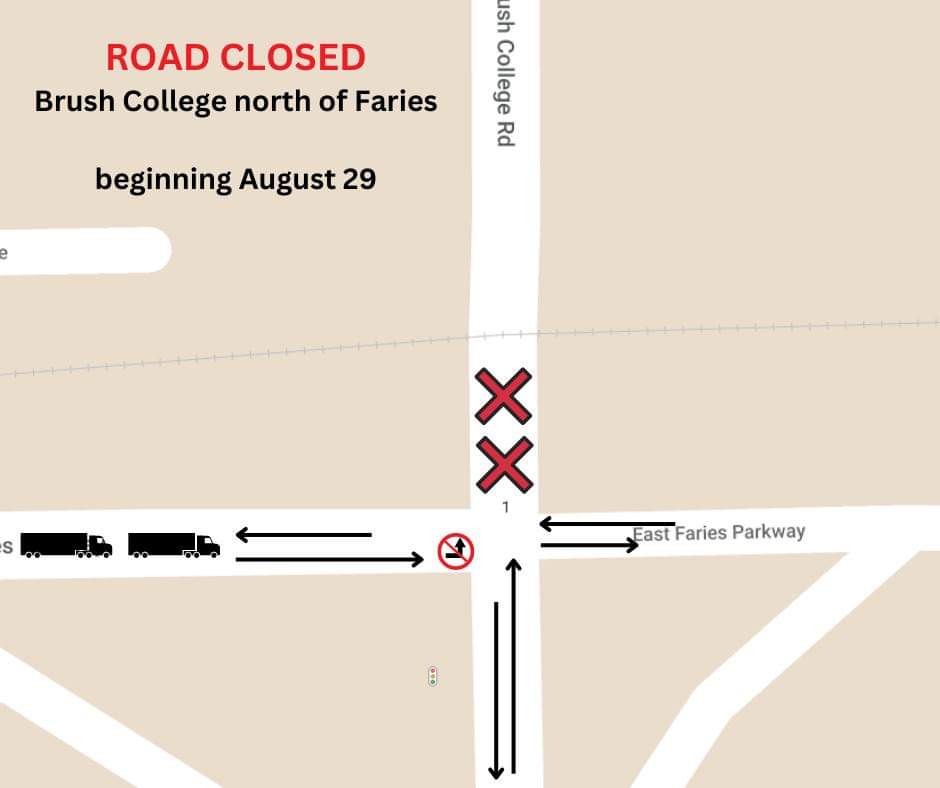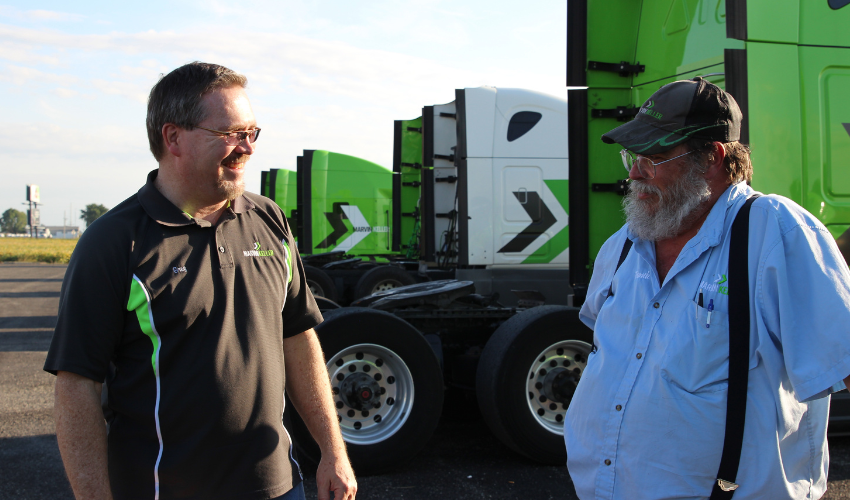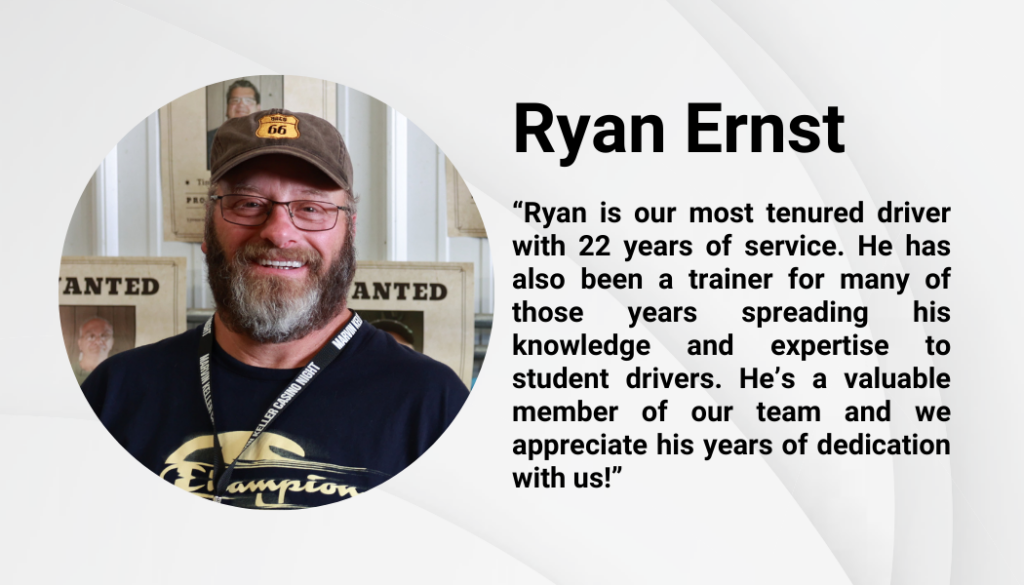
LONG TERM ROAD CLOSURE – Brush College Road (north of Faries) Decatur, IL
Please be aware that Brush College Road north of Faries Parkway will be CLOSED beginning Friday, August 30, and will remain closed for nearly the remainder of the overpass project. Truck traffic will need to access Faries Parkway using Hubbard, 22nd Street, and Garfield.
Brush College Road south of Faries Parkway (using the underpass) will once again be open starting August 30. We will have the jug handle road ready for use about mid-September.
- You will not be able to go north on Brush College Road from the Faries Parkway intersection
- You can travel Brush College Road south of Faries Parkway between Faries and William Street
- Additionally, the new E Harrison Ave road (west of Brush College Rd) will be open to access that area.
Please drive cautiously as work continues on the huge overpass project. Apologies for the inconvenience!
EDIT: Updated to reflect new closure date of 8/30 instead of 8/29




